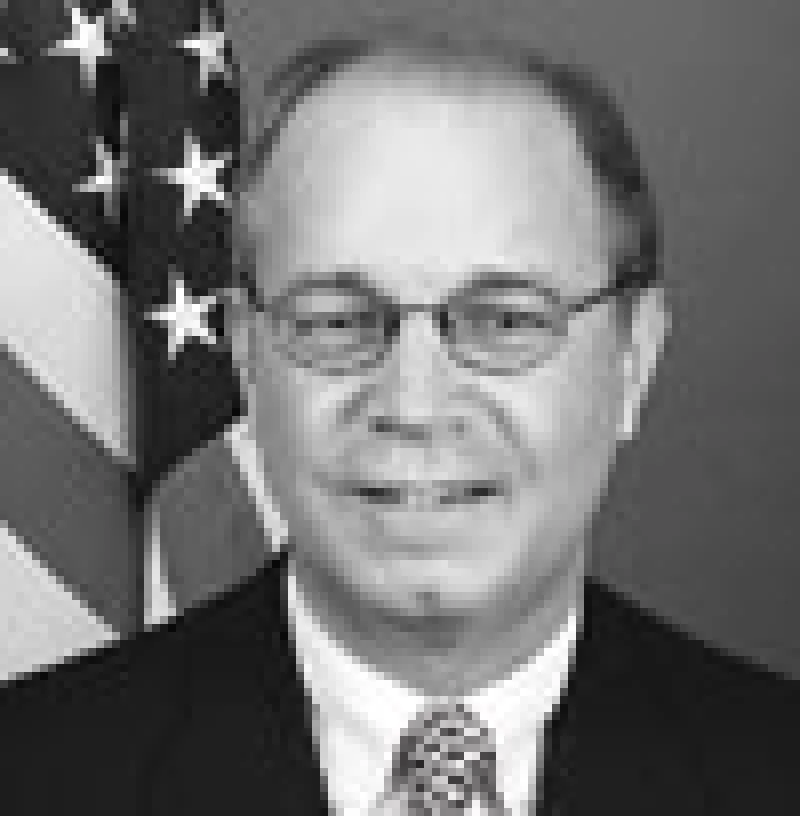Bob Plaze, one of the Securities and Exchange Commission’s top cops in charge of monitoring American money managers sits down with II to discuss past failures, new regulations and the future of financial regulation.
Institutional Investor: When the Madoff news broke, it seemed as if Wall Street collectively shuddered and wondered, ‘If Bernie Madoff is crooked, who else is?’ Is this the tip of the iceberg?
Plaze: My perception is that most people in this industry are honest, law-abiding individuals. But even a few lawbreakers can cause tremendous damage. The people I talk to are terribly upset by what happened and the pain we feel here at the SEC is shared by many. Most people in the industry were horrified by these events.
Have you beaten yourself up over this?
I think everybody in this agency has, and I’m no exception. After you get past the horror and the breast beating, you have to focus on you’re your core responsibility -- simply identifying the controls that can prevent it from happening again.
On that, tell me about the IARD.
Under the Investment Adviser Registration Depository, all advisers report information to us electronically. It’s a registration form that captures a lot of information. In this current round of rule making, we’re looking to amend the form to capture more and hopefully better information to lengthen our regulatory reach and leverage our existing resources. Every government agency including the SEC has limited resources. If we can identify people who are not in compliance by simply running a report on this system, we can better deploy our resources.
We’ve all heard that the SEC is understaffed and overwhelmed. Do you expect to get more resources?
No agency or department would say they don’t need more resources. We could do better things, and do them faster. The agency’s budget is going to be increased by seven percent in 2010. Let me just tell you, everybody in all the divisions is going to say ‘me first.’
There’s a perception that the agency has too many inexperienced people. Is that fair?
It’s fair and it’s unfair. We have some very experienced people, and we’ve been bringing people in from the outside who have private sector experience in a number of areas. We also recruit and train a lot of people who later go out in the industry and in some ways are extensions of ourselves. If you’re a lawyer and you’re giving guidance to clients, or if you’re in-house counsel at a money management firm and you really understand the laws, that’s going to impact the industry in a positive way. I think the agency works best when it has a combination of experienced people and new, eager people who are learning.
On hedge fund regulation, [Chairman] Mary Schapiro has said the SEC wants to go beyond just requiring hedge funds to register. What can hedge fund managers expect?
Any steps forward in this area will need to be done by Congress, and there is a conversation going on among members of Congress, the administration and SEC staff as to what that might look like.
What has changed the most at the SEC since you arrived?
I remember in October 1987 on Black Monday, we were at work all day and we didn’t know what was going on. We didn’t have computers back then and nobody had a TV in their office. It wasn’t until someone’s wife called up at 4:30 pm after the market had closed that anyone here even knew we were in the middle of a crash. Now, if something’s going on in the market, we know immediately. We have a market watch room down the hall and around the corner where we can go and we can see the screens.
Do you get frustrated passing rules and then watching members of the industry come up with ways to get around them?
One of the advantages of being around as long as I have is that you are involved in subsequent rule-makings. When Congress passes legislation, it might not get the chance to make fixes for a decade or two. As an administrative agency, we get to revisit rules because we are engaged with the industry on many levels and we have the ability to discover what’s going on. If we’ve made a mistake or left a loophole, there are ways to fix it.
Do you think the money management industry will embrace greater transparency, or are they kicking and screaming?
They recognize that there is an issue out here and whether it’s justified or not, in the view of the public, there’s tarnish. This is an industry that works on trust and as I’ve mentioned before, all my experience tells me that most of these people are trustworthy and good business people. But I do think there’s a recognition that the industry and government must take steps to restore that trust.






